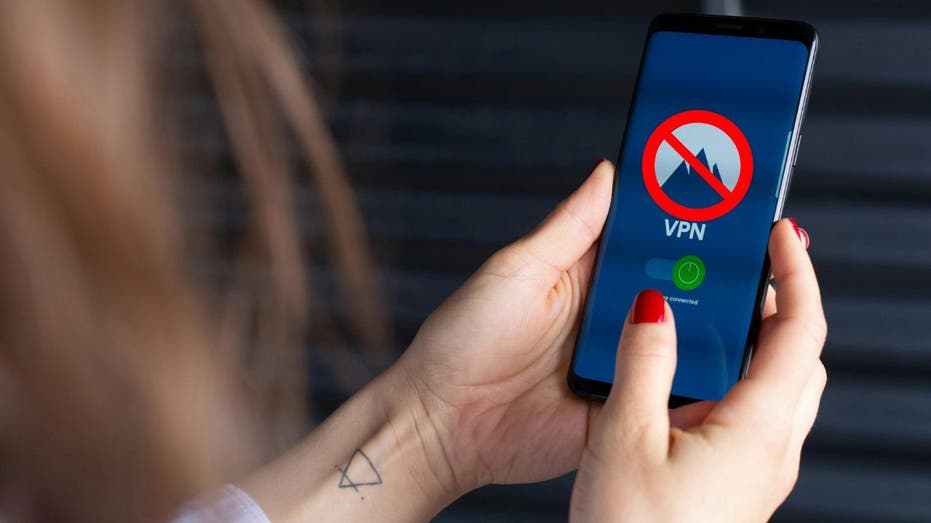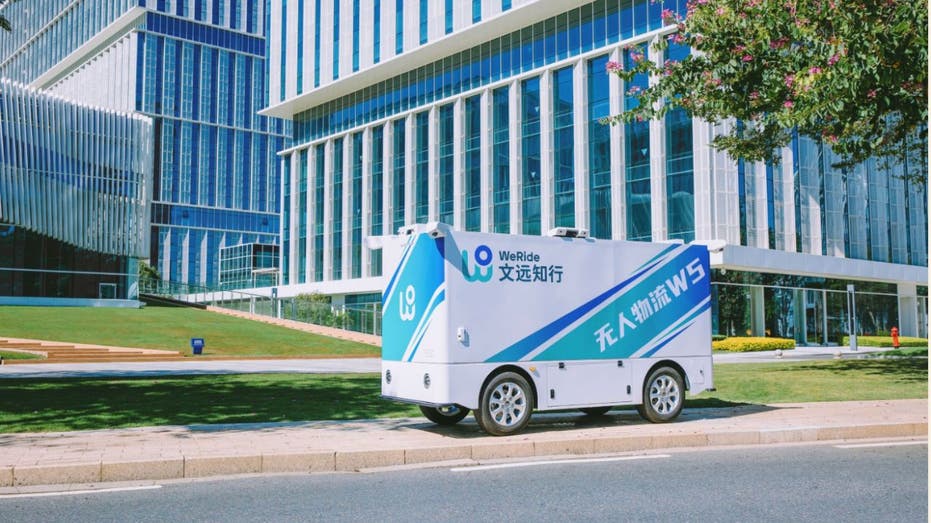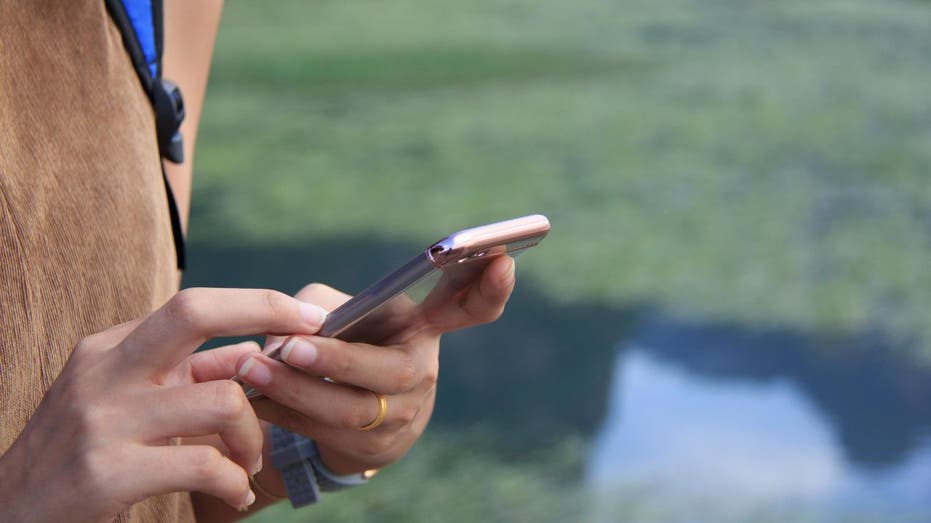- by foxnews
- 10 Mar 2025
Malicious apps posing as VPNs can turn your device into a tool for cyberattacks
Not all apps out there offer legit virtual private networks, according to Kurt the CyberGuy. He explains how to keep your information safe.
- by foxnews
- 06 Jan 2025
- in technology

There are tons of apps out there that claim to offer VPN services, but not all of them are legit. Some are fakes trying to steal your data.
I'm diving into the rise of fake VPN apps and how you can stay safe.
This huge network spread across 19 million unique IP addresses in over 190 countries, making it possibly the largest botnet ever created. The people controlling the botnet sold access to these infected devices to other criminals, who used them for cyberattacks, money laundering and fraud.
You can't trust free VPN apps because they have no reason to keep you or your data safe. Here's why you should be cautious:
There's a growing demand for VPN apps across all platforms, including smartphones and computers. Users often believe that if they find a VPN app in an official store, like Google Play, it's safe to use. They're especially drawn to free services, thinking it's a great deal. However, this can often be a trap.
Here are seven essential steps to help you choose a reliable VPN and safeguard your online privacy.
1. Stick to official app stores: Always download apps from trusted platforms like the App Store for iOS or the Google Play Store for Android. These stores have built-in security measures that help detect and remove fake or harmful apps. Avoid downloading apps from random websites or third-party stores, as they are more likely to host malicious software. Even on official stores, check the app's reviews, ratings and download count to ensure it's trustworthy.
2. Pay attention to app permissions: Be careful about the permissions you grant to apps during installation. A flashlight app, for example, doesn't need access to your contacts or location. Question any permission that doesn't align with the app's functionality. Both iOS and Android allow you to review and manage app permissions in your settings, so take the time to double-check what you've already allowed.
4. Keep software updated: Regularly update all VPN-related software, including clients, servers and associated networking hardware, to benefit from the latest security patches and improvements.
5. Use strong encryption: Look for VPN services that use robust encryption protocols like AES-256 to protect your data.
6. Monitor VPN traffic: Continuously monitor VPN traffic and logs for unusual patterns that might indicate security issues.
Fake VPN apps are everywhere, and they're bad news. They're not just useless. They can turn your device into a tool for cybercriminals. The 911 S5 botnet showed us just how dangerous free VPNs can be, turning millions of devices into a giant network for fraud and attacks. The truth is free VPNs aren't really free. They often come with weak security, leak your data or demand permissions that put your privacy at risk. If you're serious about protecting your online activity, invest in a trusted, paid VPN service.
Follow Kurt on his social channels
Answers to the most asked CyberGuy questions:
New from Kurt:
Copyright 2025 CyberGuy.com. All rights reserved.
- by foxnews
- descember 09, 2016
Ancient structure used for cult 'rituals' discovered by archaeologists
A Neolithic Timber Circle was discovered by archeologists in Denmark resembling the historical landmark Stonehenge in the U.K. It is open to be viewed by the public.
read more





